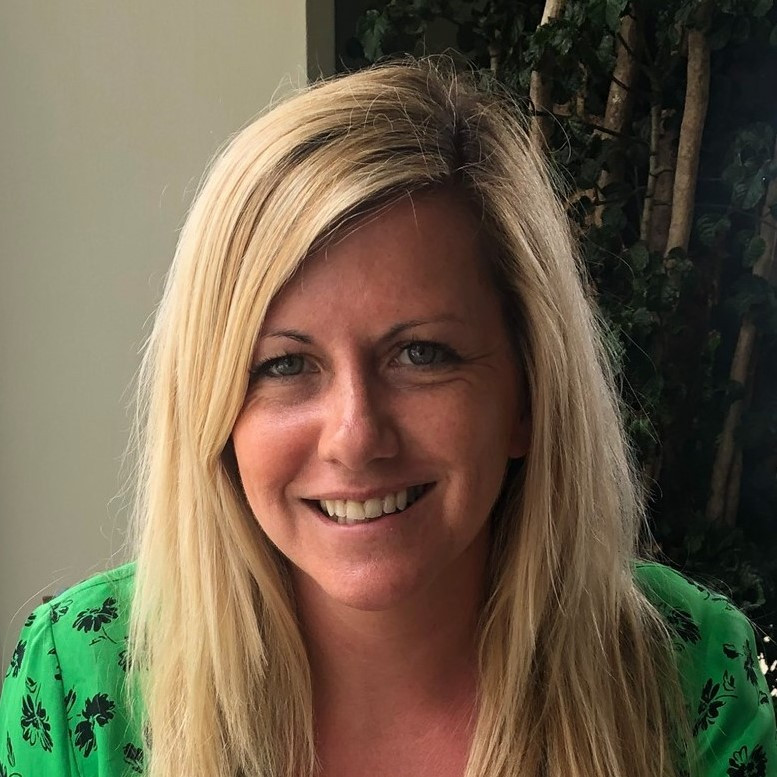6 signs you're sleep deprived and how to fix it, according to an expert
Psychologist and sleep expert Dr Juliet Anton reveals the sleep deprivation symptoms to look for
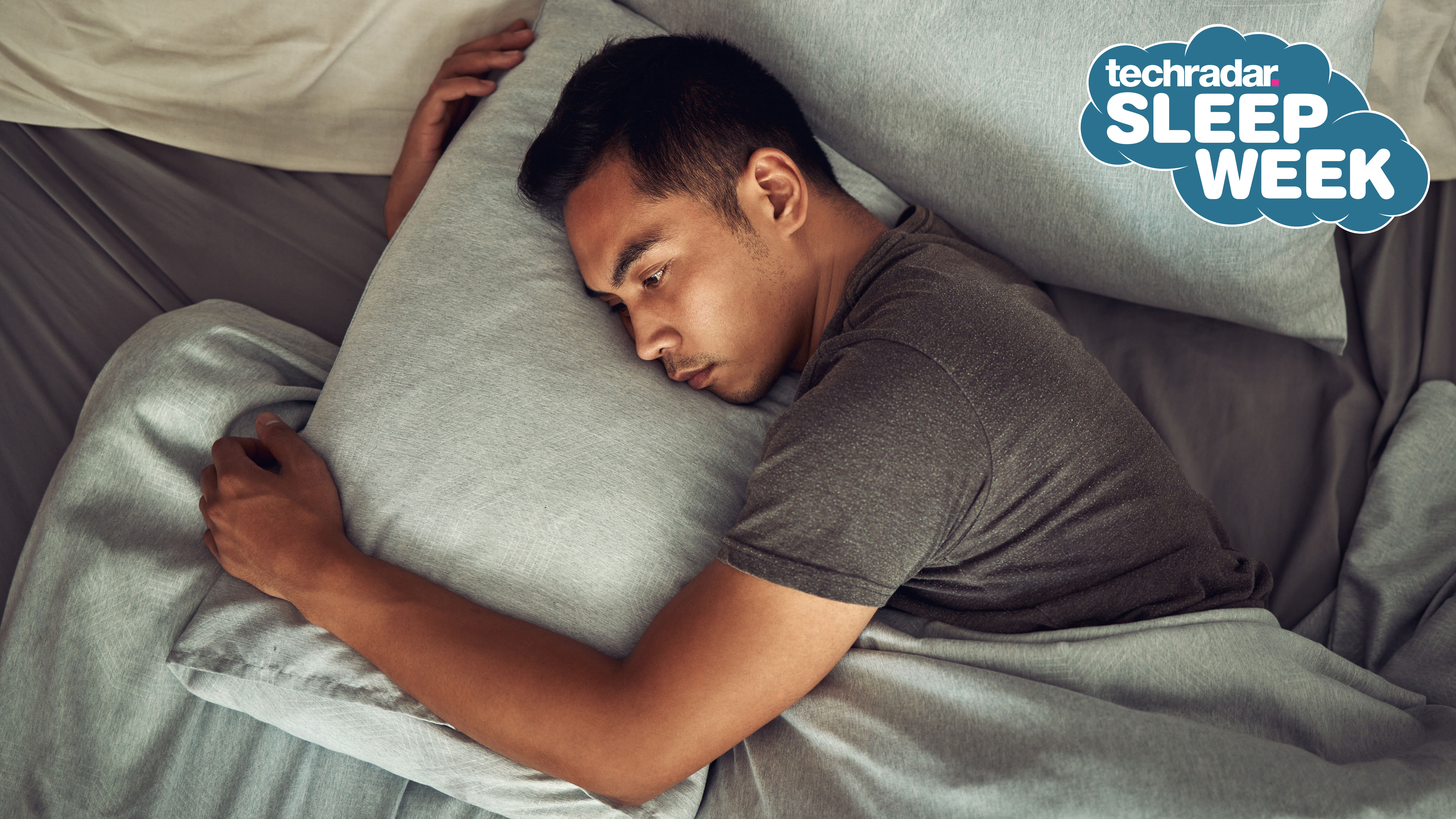
Are you sleep deprived? Even if you are, you may not be able to spot the telltale signs of sleep deprivation as some of them could be hidden behind physical aches and pains, anxiety, or unexplained weight gain.
The American Academy of Sleep Medicine recommends that adults aim to get at least seven hours of sleep a night, however research shows that one in three adults aren’t getting that recommended amount.
Considering how lack of sleep can result in long term health problems such as diabetes and heart disease, good sleep is worth prioritising. Here we ask sleep expert and psychologist Dr Juliet Anton from AskDoc to talk us through six common signs of sleep deprivation, and how you can fix your routine to get a better night’s rest.
- Neuroscientist reveals the secret to better sleep — and it’s easy to use
- Epic TikTok sleep hack aims to help you fall asleep in 2 minutes
What is sleep deprivation?
According to guidelines published by the American Academy of Sleep Medicine, ’Sleep deprivation occurs when an individual fails to get enough sleep.‘
Dr Juliet Anton expands on this further, saying that sleep deprivation is “when we don’t get enough quality sleep, as opposed to quantity - people could have eight hours, but if they wake up not feeling rested, especially if is happening long term, then that could lead to feeling deprived of sleep.”
If you are experiencing any of the following, chat to your doctor to first rule out any other possible causes, and to get a plan in place to fix your sleep deprivation if that is indeed what you’re experiencing.
1. You can’t seem to concentrate
There’s a difference between having an off day and regularly lacking the skills to concentrate on a task. Focus and concentration is key for all of us, in day-to-day life, especially at work.
Get daily insight, inspiration and deals in your inbox
Sign up for breaking news, reviews, opinion, top tech deals, and more.
It could mean we’re not giving 100% in work or our relationships, or with attention to detail. Dr Anton explains: “If we’re not concentrating properly, that in turn makes it hard to make good decisions.”
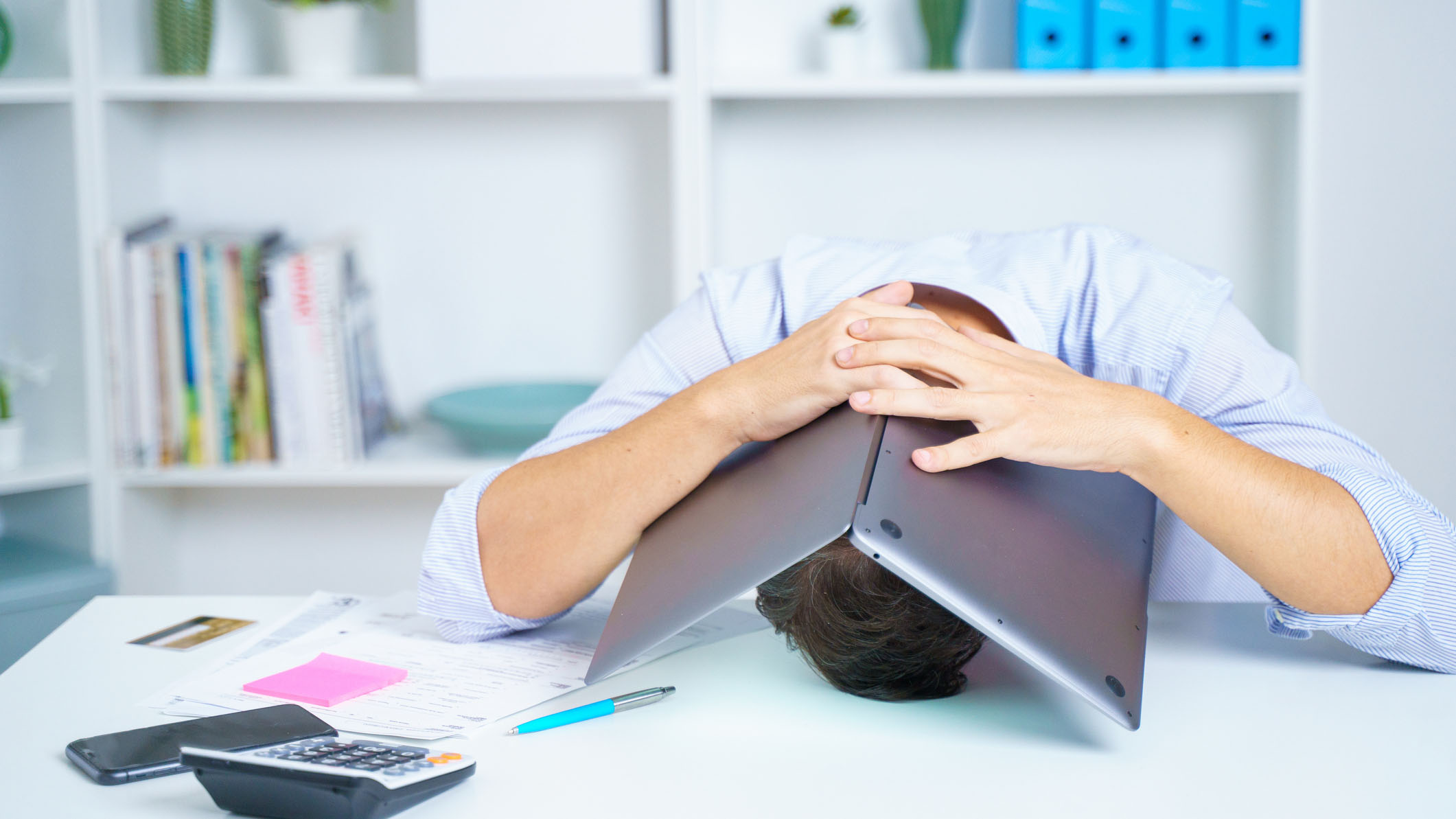
In fact, a Harvard Medical school study, showed that if the neurons in the brain don’t have time to recuperate and they become overworked, through lack of sleep, this in turn starts to affect cognitive behaviours, including focus and concentration.
2. You always feel anxious and on edge
If you are constantly on edge or feeling anxious it could mean you’re lacking snooze time, or you’re not getting enough quality time in deeper sleep stages.
This could also start to creep into your relationships: “If we’re sleep deprived it could mean that we’re going to have more mood swings or be irritable towards ourselves or other people – we just won’t have the patience we normally would,” Dr Anton adds.
Mentally, sleep deprivation is draining, but Dr Anton believes that sleep should be classed as self-care: “Sleep is one of the first things that go when people are having mental health difficulties, so the first thing to do is see sleep as a self-care routine.
“By having a consistent time to wake up and go to sleep you are making sure you are addressing that rest period for yourself.”
3. You’re having headaches
Headaches are normally associated with dehydration, but if you’re sleep deprived, they’ll probably also come hand in hand too. For example, one study showed that sleep disturbances, such as waking up in the night, were associated with tension headaches.
While, other research pointed out a link between sleep quality and migraines. This is because poor quality sleep or a lack of sleep means your body has less time to recover and therefore your pain threshold is reduced.
“There are two specific stages, where we fall into a deep sleep,” explains Dr Anton, “these help us to recover and reset, specifically in terms of the neurons in our brain.
“If these stages get disturbed then one of the side effects is that our pain threshold is lower - meaning we could suffer from more headaches.”
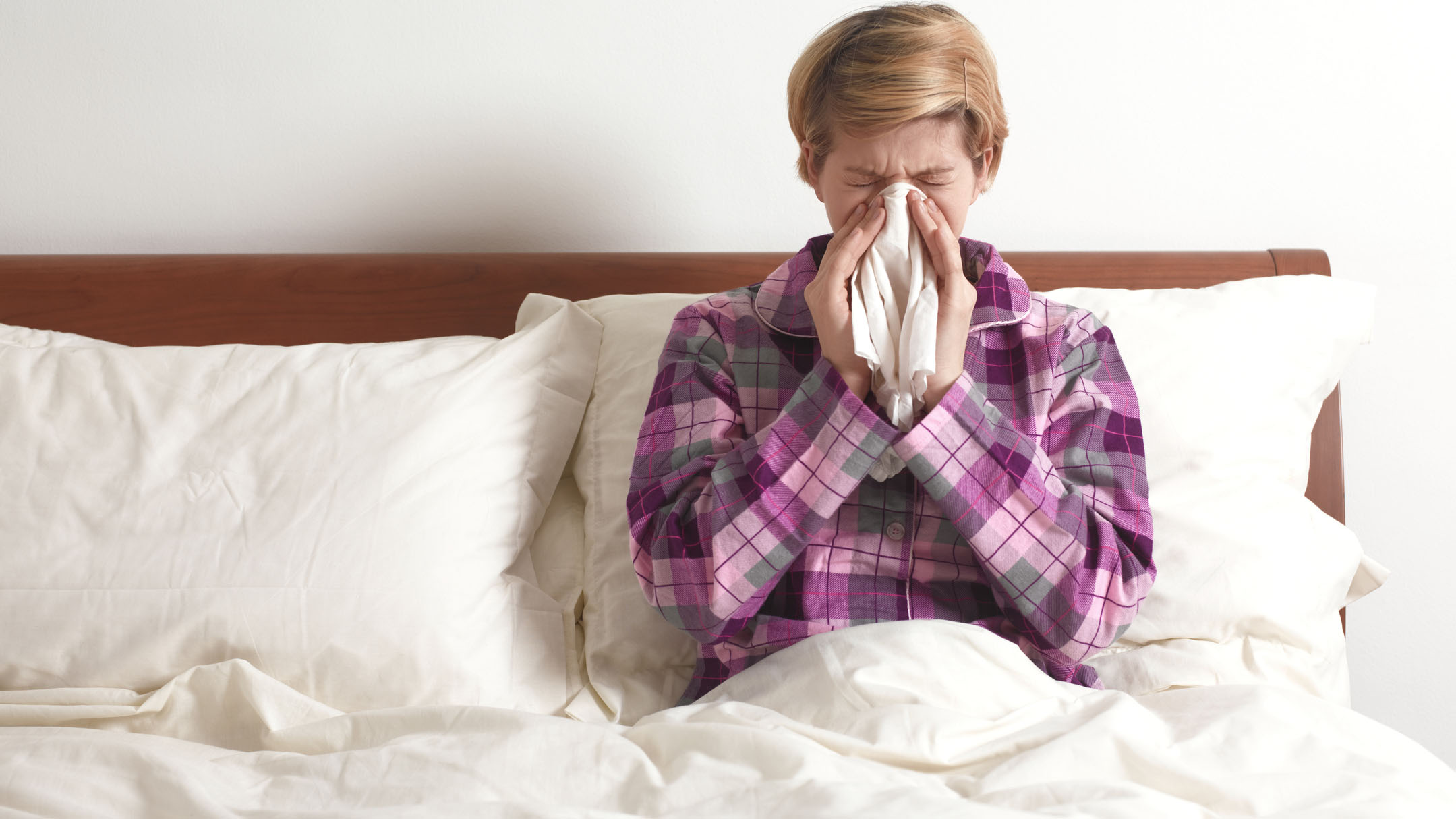
4. You get a lot of colds
Most of us pick up colds and flu occasionally, but if you find yourself constantly with a sniffly nose or chesty cough it could be down to those hours of sleep you're missing every night.
“There is research to show that we are more prone to illness, like colds and flus, when your system isn’t at its best,” said Dr Anton. “For some people it could be worse – with some suffering from diabetes and cardiovascular diseases – especially if you’re constantly, on a long-term basis, sleep deprived.”
5. You’re experiencing pain and aren’t sure why
Chronic pain comes in different forms, and it can seemingly feel as though it comes from nowhere. While some chronic pain can be because of many other issues, including from an accident or a longterm health condition – and you should always get any pain checked out by your doctor – it could also be a sign that you’re sleep deprived.
In fact, research shows that lack of sleep can impair pain inhibition-pathways, meaning our muscles could become more inflamed than normal.
“Many of us have experienced pain, such as back tension or even stomach pains. They see it as a physical symptom when it could really be associated with constant lack of sleep,” Dr Anton explains. “Then when our sleeping is back on track it of course eases or goes away.”
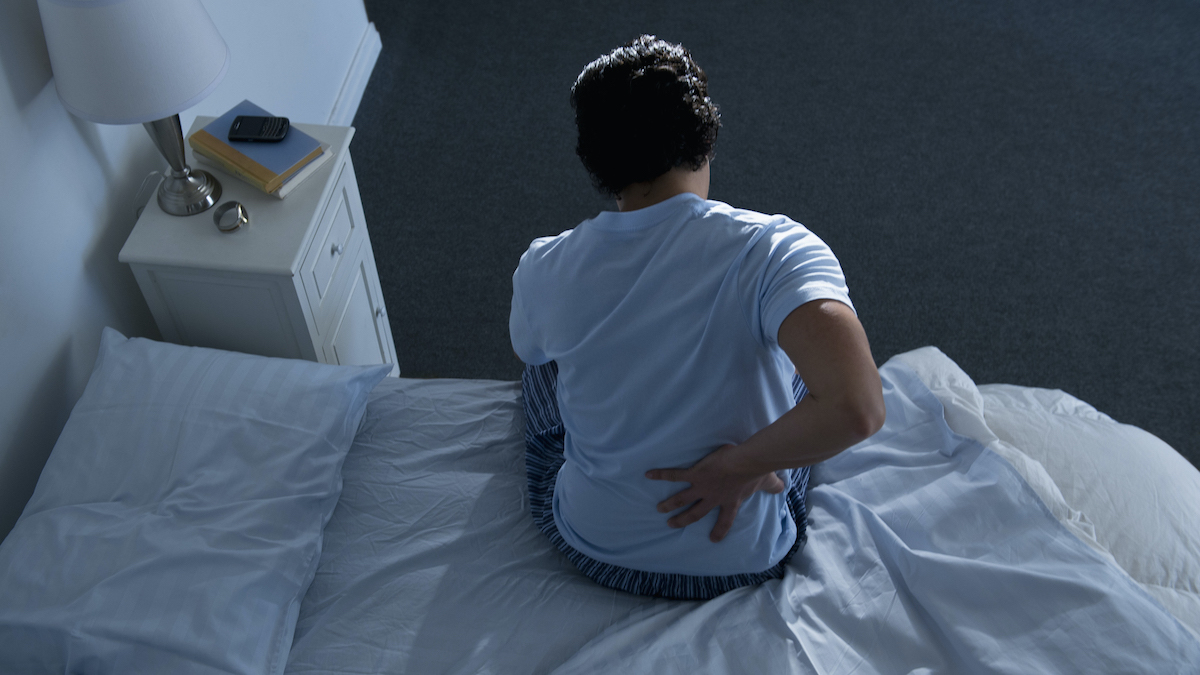
6. You’re seeing a change in your body weight
When we sleep, we burn calories at around 50 an hour for the average person. So if we’re sleeping less this decreases, giving our body less time to digest and offset the food we’ve eaten.
However, lack of sleep also mucks with your hormones – namely ghrelin and leptin. When you haven’t had quality sleep, ghrelin, the hunger hormone, and leptin, the hormone which helps to suppress hunger, become confused and don’t regulate as normal.
Add to that, the more time you’re awake can equate to more calories eaten, says Dr Anton: “When we are awake, we tend to engage in things more – so if we’re up late there’s more time for snacking and eating.”
Good sleep is also about quality, not just quantity
What if you don’t have time to get seven or more hours a night? Is the quality of your sleep better than trying to rack up a specific number of hours? As it turns out, yes. “There are times when people have had 8 or 9 hours, but still waking up quite tired,” Dr Anton reveals.
“There are five stages of sleep, with every stage being around 25 minutes. By going through all of these stages, that is what’s allowing for the recovery and resetting to take place.
“It’s not about the time [spent] asleep, it’s about making sure we’re hitting those different stages of sleep and allowing our mind and body to recover to feel rejuvenated for the next day.”
How to tackle sleep deprivation
If you don’t have a smart device that tracks your sleep, such as a good fitness tracker or a proper sleep tracker, then Dr Anton recommends keeping a sleep journal.
Track your sleep
“Track what time you go to sleep and what time you wake up, plus, when you’ve woken up during the night. By working out any patterns it will help you understand the quality of sleep you’re getting and where you may need to make changes.
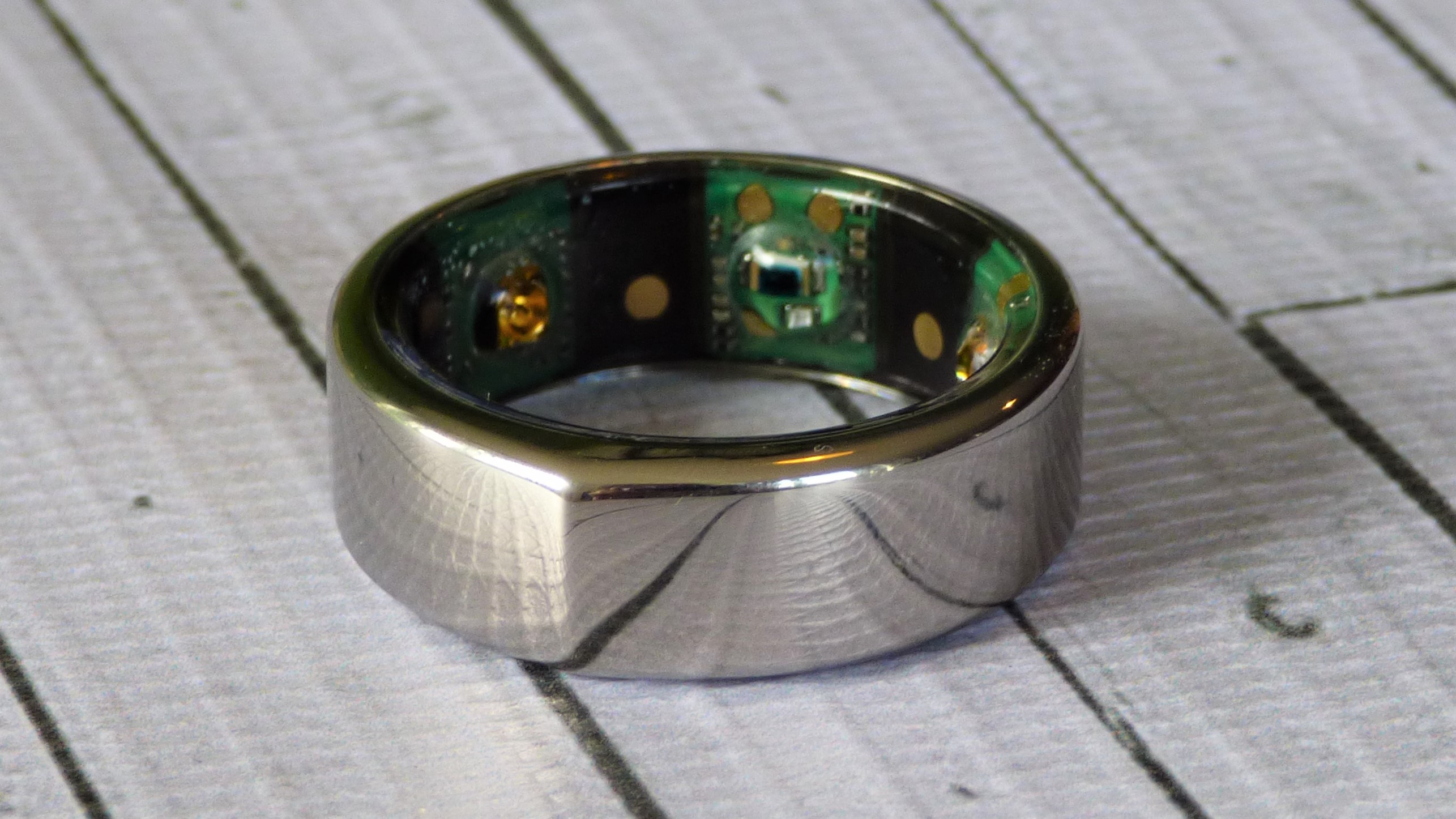
“For instance, if we’re waking up in deep sleep phases, or we’re awake and can’t get back to sleep, that could be a concern,” explains Dr Anton.
Establish a sleep routine (and stick to it)
If your sleep routine is all over the place, you may find it hard to fall asleep or wake up: “It’s important to have a consistent time for when you would go to bed, and a consistent time for when you wake up – so your body starts to recognise that pattern, and you have that time allocated to rest,” Dr Anton continues.
Go lightly with tech at night
Putting boundaries in place at night when it comes to technology and social media will also see your sleep improve: “Give yourself a cut off period – say around 9pm. The blue light from technology will keep us aroused or awake and prevents melatonin from being produced – a hormone we need to fall asleep.”
Know when to see a doctor
Of course, if your sleep deprivation becomes severe and it's affecting your life, you should speak to a sleep doctor or psychologist. They are trained to help and can work out if any bigger lifestyle changes are needed to help you sleep better again.
Create a chilled sleep space
Making your bed as comfy as possible will also increase your chances of drifting off easier and sleeping for longer. If yours has seen better days, take a look at our round-up of the best mattress for all sleepers. For the latest savings, read our guide to Black Friday mattress deals and early sales.
This article is part of TechRadar's Sleep Week 2021 (running from Sunday 31 October to Sunday 7 November), our in-depth look at sleep and how to snooze better. We've teamed up with experts in their field to bring you sleep techniques and tips to help you drift off easier, and have rounded-up the best sleep kit to transform your bedroom into a den of zen.
Sarah is a freelance writer - writing across titles including Woman&Home, Fit&Well, TechRadar, the Independent and the BBC. She covers a variety of subjects, including trends in beauty, business and wellness - but her biggest passions are travel and fitness. She can normally be found trying out the latest fitness class or on a plane to an exotic destination. While she loves to combine the two - signing up to do hiking holidays in LA, intense boot camps in Bali - last year she went on her dream activity holiday: paddleboarding around deserted islands in Croatia.
